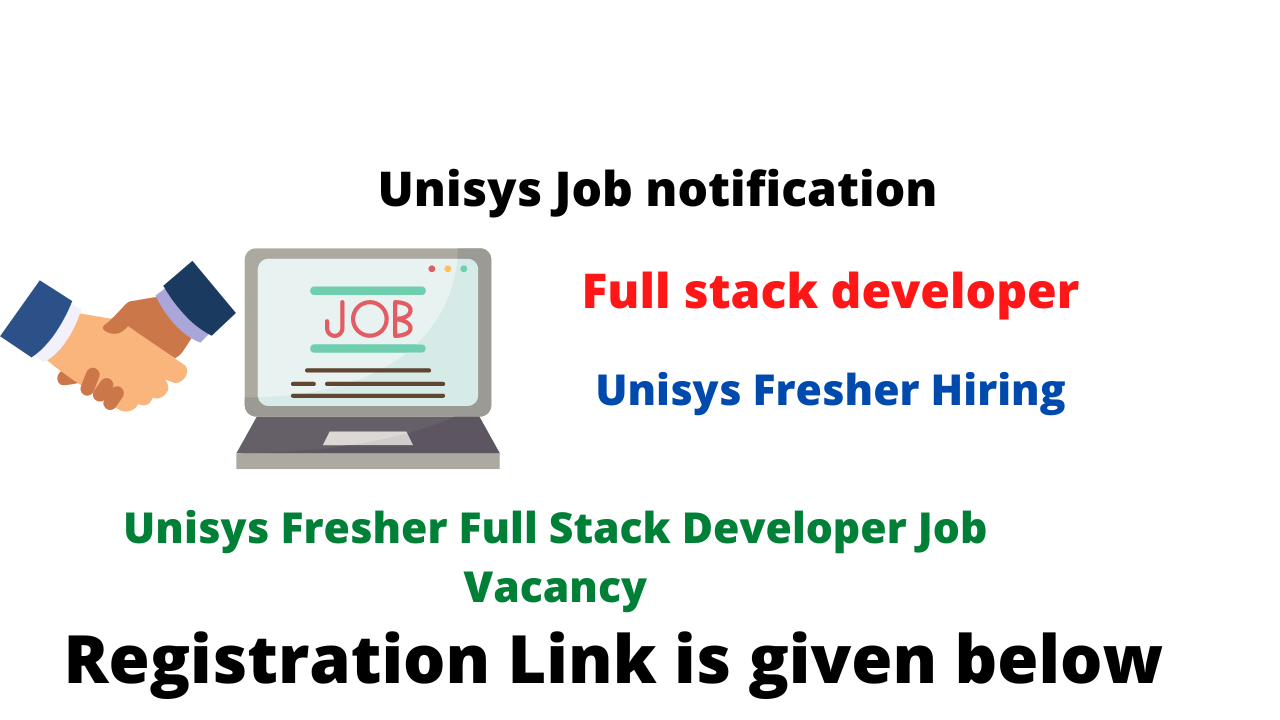
A coach can give you fresh eyes on your financial situation. A finance coach can help you see the bigger picture and guide you.
Behavioral finance
Behavioral finance is a growing field that is becoming increasingly popular in the investment community. It examines the principles of behavior as well as the link between goals and behavior. A behavioral finance coach, a financial adviser who is trained in this area of study, is called a behavioral finance expert. They can help you build a stronger relationship with prospects and clients. The key to behavioral finance is understanding how to present your messages correctly. You can create more effective messaging by understanding the way clients process information.
Behavioral finance's goal is to make financial decisions easier. It attempts to understand how people make decisions and what influences them. It also addresses our unconscious biases as well as the financial markets' impact. These concepts can be used to help individuals make better financial decisions which will in turn affect the economy.

Personal financial coaching
Individual financial coaching can help people reach their financial goals, and improve their financial health. A coach will analyze your spending habits to recommend new ways of tracking income and expenses. As accountability partners, coaches can help clients improve their financial performance and pay off debt. A coach may also recommend financial education and plans to save money for major financial goals.
A finance coach is able to help you set up a budget, manage your debt, create an emergency fund, or invest in retirement. These coaches meet with clients six months to a calendar year, usually once per week or every two weeks. These coaches will show you how to save money and manage your money.
Financial advisor versus personal financial coach
Financial advisors focus on long-term planning. This helps clients to achieve their financial goals. Clients often have personal financial coaches who meet with them before meeting with advisors and help them make financial decisions. They may help clients with tax planning, estate planning, and healthcare. Financial coaches can provide ongoing portfolio analysis and advice.
A strong sales background is essential for a financial coach to attract clients. They can promote themselves via traditional advertising and social networks. They need to be able to host seminars or get quoted in financial magazines. Financial coaches must also be good people-people skills.

Cost of hiring a financial coach
Financial coaching is a great option to improve your financial position, but it isn't cheap. The cost of coaching can range from $200 to $2,000 per month for three to five sessions. However, hiring a financial coach can save you a lot of time and money.
Many small business owners have difficulties managing cash flow, and paying expenses. This can lead to a high bank account, but it could also indicate that your business is not growing. A financial coach can help you cut costs and save money while saving your company. Schumm helped a couple with $45,000 worth of debt to reduce their monthly expenses and increase their revenue from $250,000 up to $350,000 over a year.
FAQ
What can I anticipate from my consultant
Within a few days of selecting your consultant, you can expect to hear back. They will request information about your company including its mission and goals, products, services, budget, and other pertinent details. After receiving this information, they will prepare a proposal outlining their scope of work, estimated timeline, fees, deliverables and milestones.
If all goes according to plan, the two sides will sign a written deal. The type of relationship between the parties (e.g., employee-employer, independent contractor-employer) will affect the terms of any contract.
If all goes well, the consultant will start working immediately. The consultant will have full access to your files and resources. You'll also have access to their skills and knowledge.
Don't think that consultants are experts. It takes practice and hard work to become an expert in the field you are consulting. So, don't expect your consultant to know everything about your business.
Are consulting incomes subject to tax?
Yes. You will have to pay taxes on your consulting profits. It depends on how much income you make per year.
If you're self-employed, you can claim expenses on top of your salary, including rent, childcare, and food.
But, interest payments on loans, vehicle and equipment depreciation will not be allowed to be deducted.
You can only claim back 25% of your expenses if you earn less than PS10,000 a year.
However, you might still have to pay tax if your earnings are higher than the threshold. This depends on whether you are an employee or contractor.
Employees are generally taxed through PAYE (pay as you earn) and contractors through VAT.
Is it possible that a consultant business can be started from home?
Absolutely! This is something that many consultants do already.
Working remotely is a common way for freelancers to work. They use tools like Skype, Trello (Slack), Trello, Basecamp and Dropbox. To avoid being left out of company perks, they often set up their own office space.
Freelancers may prefer to work in libraries or cafes rather than in traditional offices.
Some people choose to work from their home because they like being close to their children.
While working remotely has its advantages, it also comes with some disadvantages. It's worth looking into if your job is fulfilling.
What is the average salary of a consultant?
While some consultants may make over $100k per annum, most consultants earn between $25k and $50k. An average consultant salary is $39,000 This applies to both hourly and salaried consultants.
Salary depends on the experience of the consultant, their location, industry, type and length of the contract (contractor or employee), as well as whether they have their own office or work remotely.
Statistics
- On average, your program increases the sales team's performance by 33%. (consultingsuccess.com)
- Over 50% of consultants get their first consulting client through a referral from their network. (consultingsuccess.com)
- 67% of consultants start their consulting businesses after quitting their jobs, while 33% start while they're still at their jobs. (consultingsuccess.com)
- According to statistics from the ONS, the UK has around 300,000 consultants, of which around 63,000 professionals work as management consultants. (consultancy.uk)
- WHY choose me: Why your ideal client should choose you (ex: 10 years of experience and 6-week program has helped over 20 clients boost their sales by an average of 33% in 6 months). (consultingsuccess.com)
External Links
How To
How can I start an advisory business with no money?
It's easy and cost-effective to start your own consulting business without capital investment.
You'll learn how you can make money online, increase your skills, earn more cash and be successful.
These secrets will help you generate traffic on demand. This is especially important when people are looking for something specific.
This method is called 'Targeted Traffic'. This method was specifically designed to make it possible to accomplish such things...
-
Find out what niche you want.
-
Find out which keywords are used by people to search for solutions on Google.
-
Write content around these keywords.
-
Post your articles on article directories.
-
To promote your articles, use social media.
-
Develop relationships with experts in the niche and influencers.
-
Be featured on these blogs or websites.
-
Sending emails can help you grow your email list.
-
Start making money.